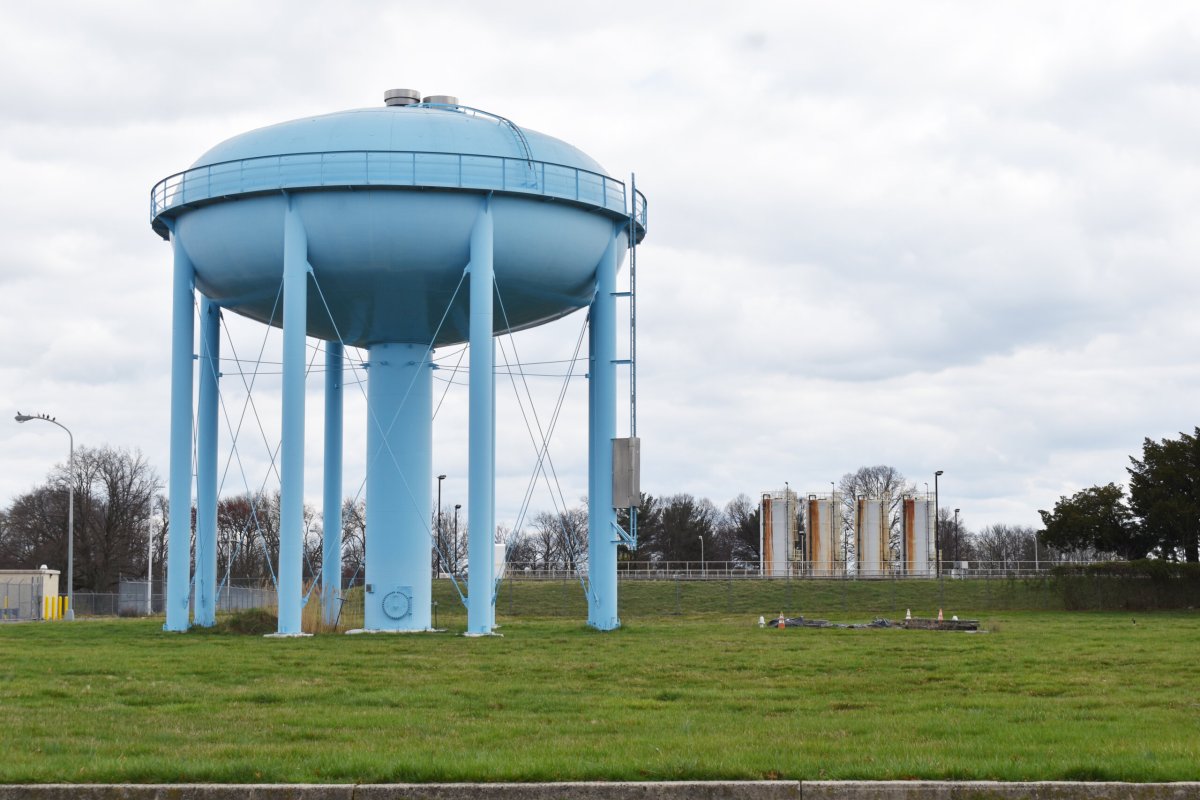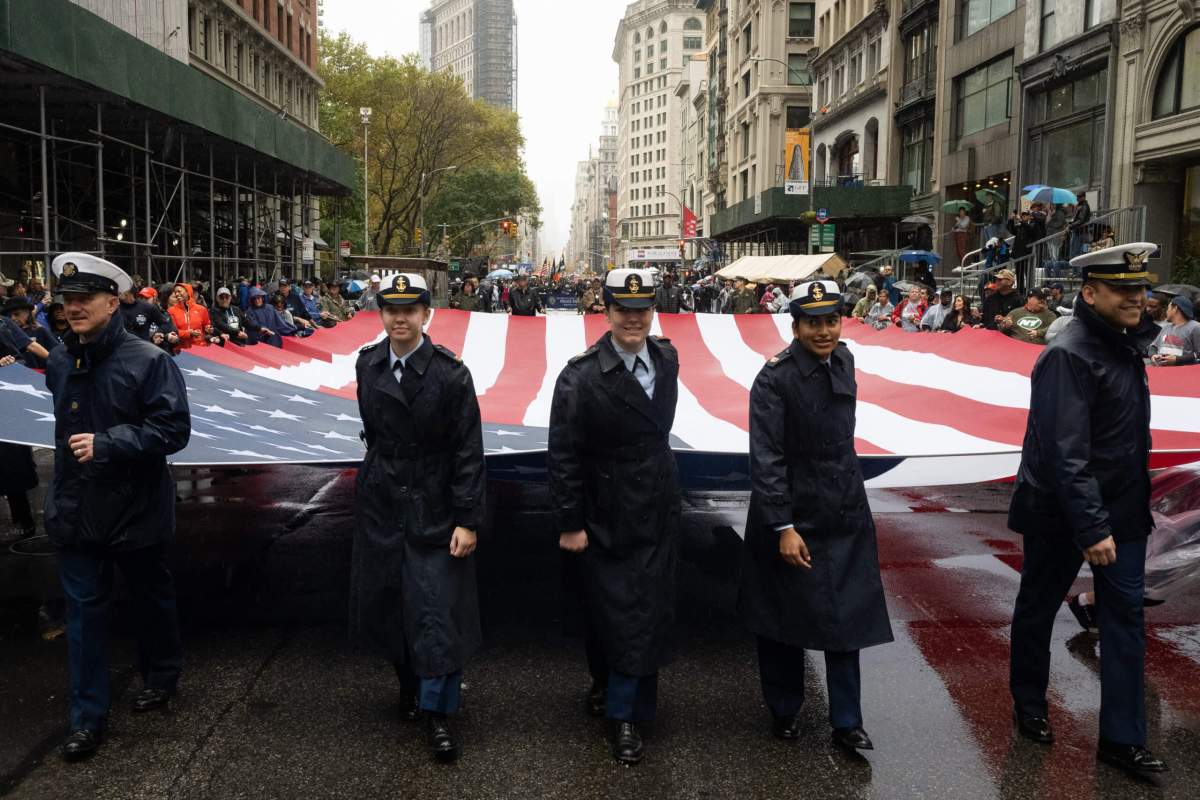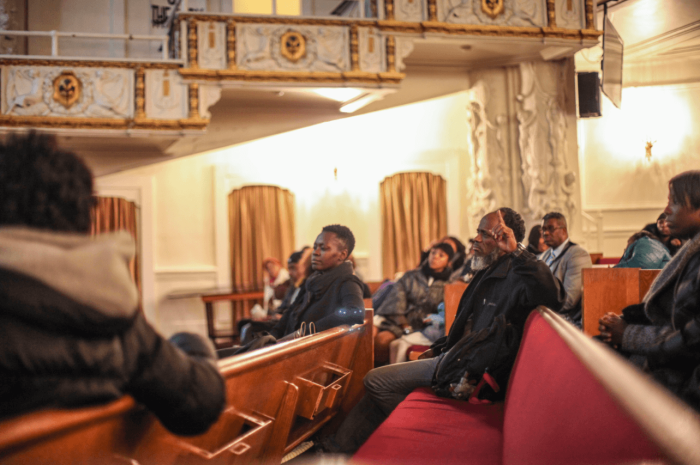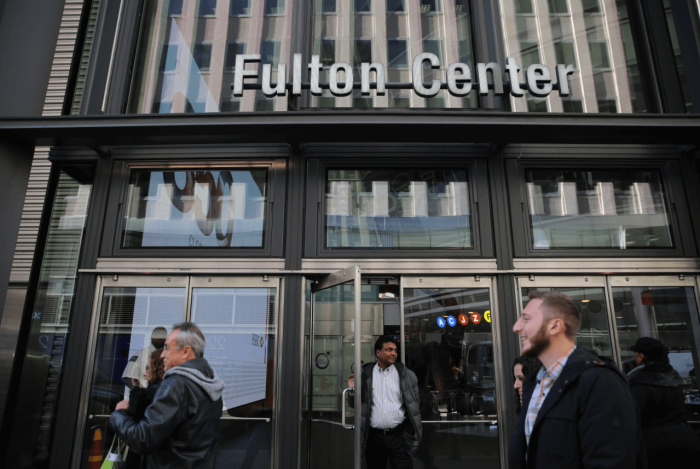Uneaten trays of baked ziti, tamales, sushi, turnips, pallets upon pallets of decaf coffee — if you’ve got extra food, New York Common Pantry will take it off your hands.
And Tommy Robinson is one of the men who will deliver it to the East Harlem-based charity.
“Going to work everyday and seeing how people are struggling — we always be complaining about this and that and that, but compared to how others have it, we have it pretty well,” Robinson said. Robinson has worked for New York Common Pantry for 13 years. He’s one of two drivers who pick up donations from local grocery stores, chain restaurants, bakeries and corporate cafeterias. The pantry is open 365 days a year, not only supplying fresh and packaged food for its members, but also serving hot and brown bag meals. Robinson and the other van driver, Jassim Thomas, and their vans gather enough food to feed between 1,500 and 2,000 families a week.
The New York City Coalition Against Hunger’s 2014 annual survey found one in six New Yorkers are food insecure. That means 1.4 million million New Yorkers don’t have enough food, and one in four children, and one in 10 adults, are food insecure. “When you’re getting donations, you just have to wait it out,” Robinson said. “It could be five minutes, it could be 20 minutes.”
It takes longer than that on Monday, but after killing time listening to sports radio and making a few phone calls, the loading dock opens at the Trader Joe’s at 72nd and Broadway. Robinson and a store employee load up more than a dozen boxes of fresh grapefruit, oranges, peppers, eggplants and other produce packed in Chiquita Banana boxes. Kelly Barkley, development coordinator at New York Common Pantry, said the organization started providing more fresh produce and whole grains about five years ago, after families in the food program said they weren’t able to eat canned vegetables, either because of dietary restrictions, or because of personal health preferences. About 60 percent of the pantry food served or given to families comes from donations, and the rest is purchased.
“The donations helps us keep our budget for buying food in check,” Barkley said.
Behind schedule, Robinson high tails it uptown, perhaps driving on three blocks closed to commercial vehicles after a traffic cop in front of him makes a left turn. Outside Eli’s on 80th Street, he parks his van, unfolds a dolly and walk’s through the front door and makes the rounds, eventually emerging with fresh bread and prepared foods before taking off again. “Sometimes I’ll be out driving, and if I see somebody in the street who doesn’t know where to go, I steer them in the right direction, I’ll be able to tell them you can go there, get food, get services and shower and haircuts,” Robinson said. “And when you see them there, it makes you feel good.”
Feeding thousands of New Yorkers everyday
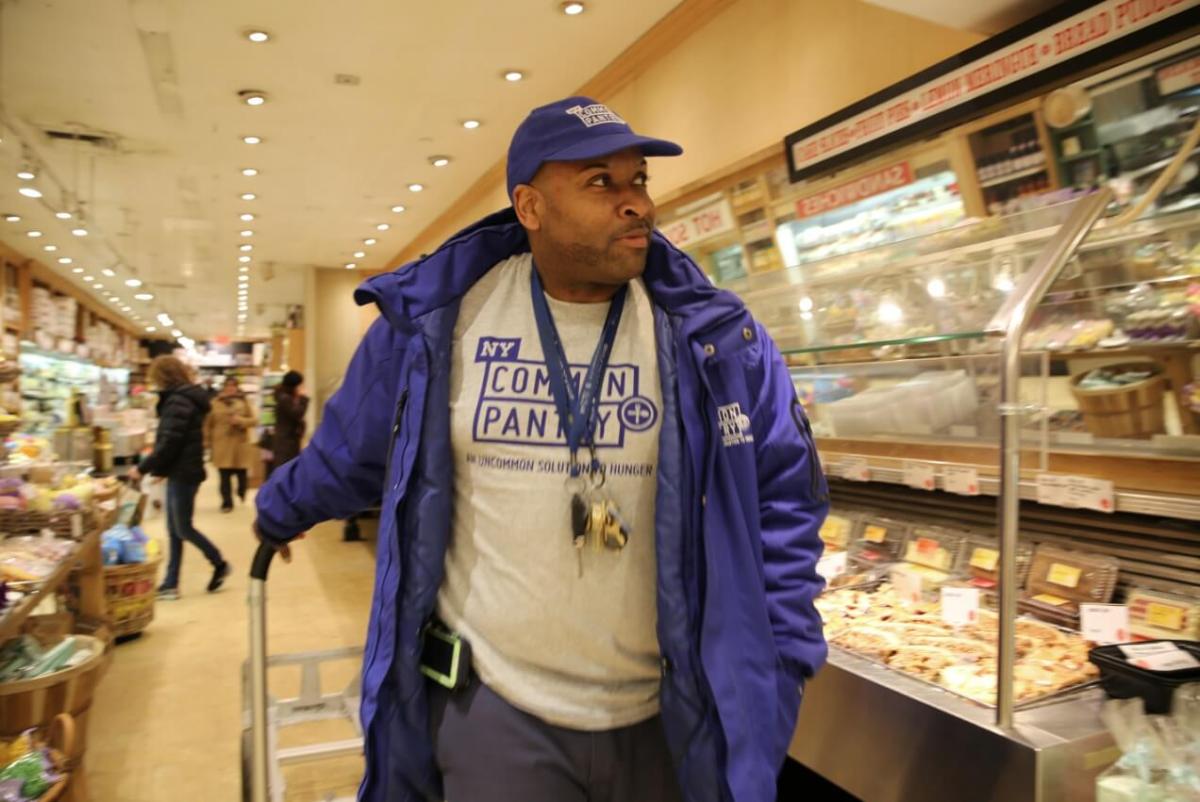
Bess Adler, Metro











